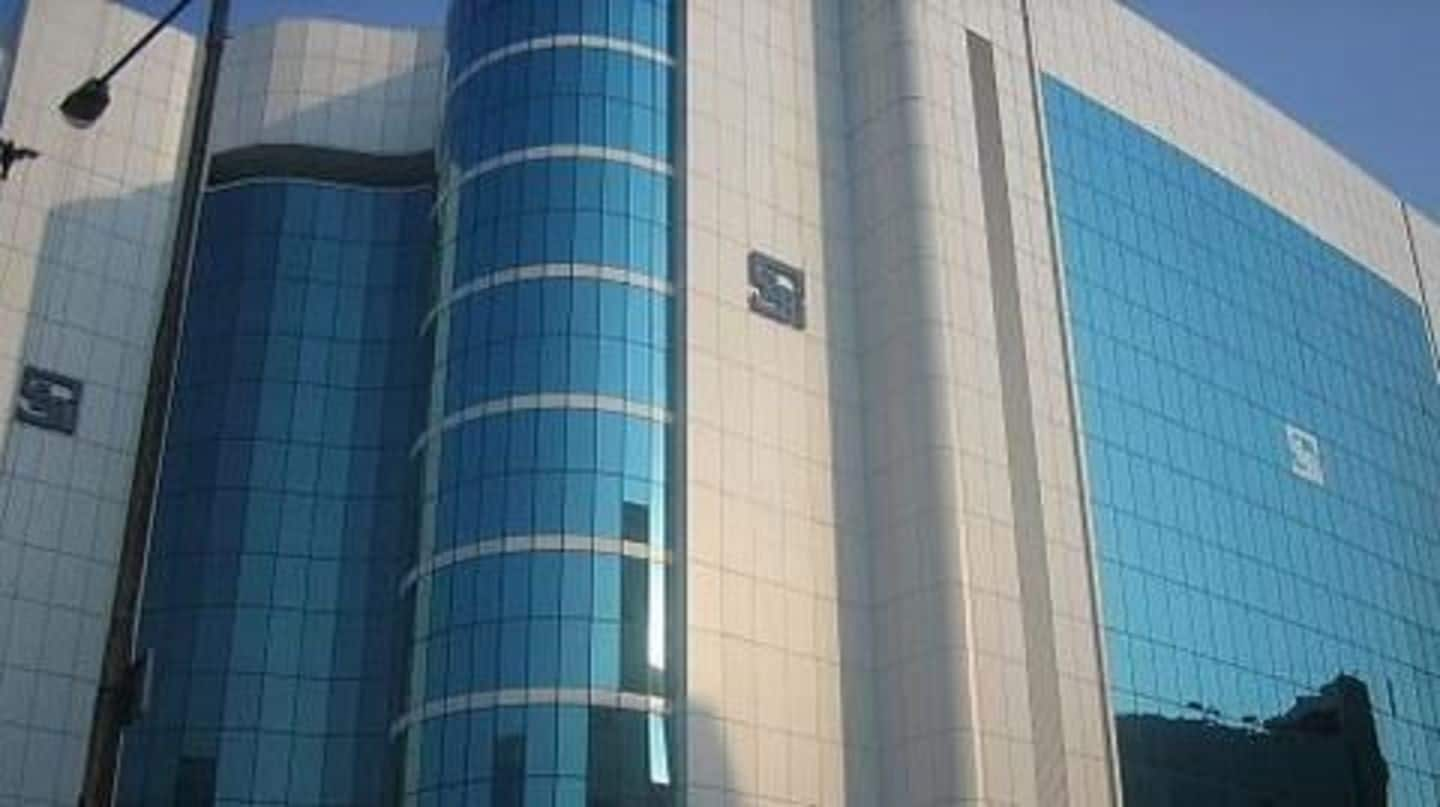
SEBI will allow new players in the commodity derivatives market
What's the story
The Security Exchange Board of India (SEBI) will allow India's commodity derivatives market to new participants in a phased manner. The regulator will allow Alternative Investment Funds (AIFs), a form of non-traditional investments, to get involved in the commodity trade. SEBI has already written to the Reserve Bank of India (RBI) and ministry of agriculture for comments regarding the decision on permitting AIFs.
Data
What are AIFs?
AIF is an investment vehicle held by high net-worth individuals to pool in funds for investing in real estate, private equity and hedge funds. In the commodities market, SEBI has allowed investment from hedge funds (offshore funds that engage in speculation using borrowed capital).
Markets
How will this permission help the markets?
AIFs will bring more players in the highly potent yet relatively untapped commodity markets. More players will result in greater expansion of the commodity market. Infusing AIFs will infuse more liquidity (cash) and open fresh investment opportunities. The government may also allow mutual funds (another category of AIFS, funded by shareholders and invests in diversified holdings) in the commodity derivatives markets.
Commodity
How do commodity markets work?
A commodity market trades in raw products, instead of stocks. Hard commodities are natural resources such as gold, rubber and oil, whereas soft commodities are agricultural products like corn, wheat, coffee, sugar etc. Futures contracts are the oldest way of investing in commodities. A producer of a commodity can guarantee a set price for their future production by selling contracts on a futures exchange.